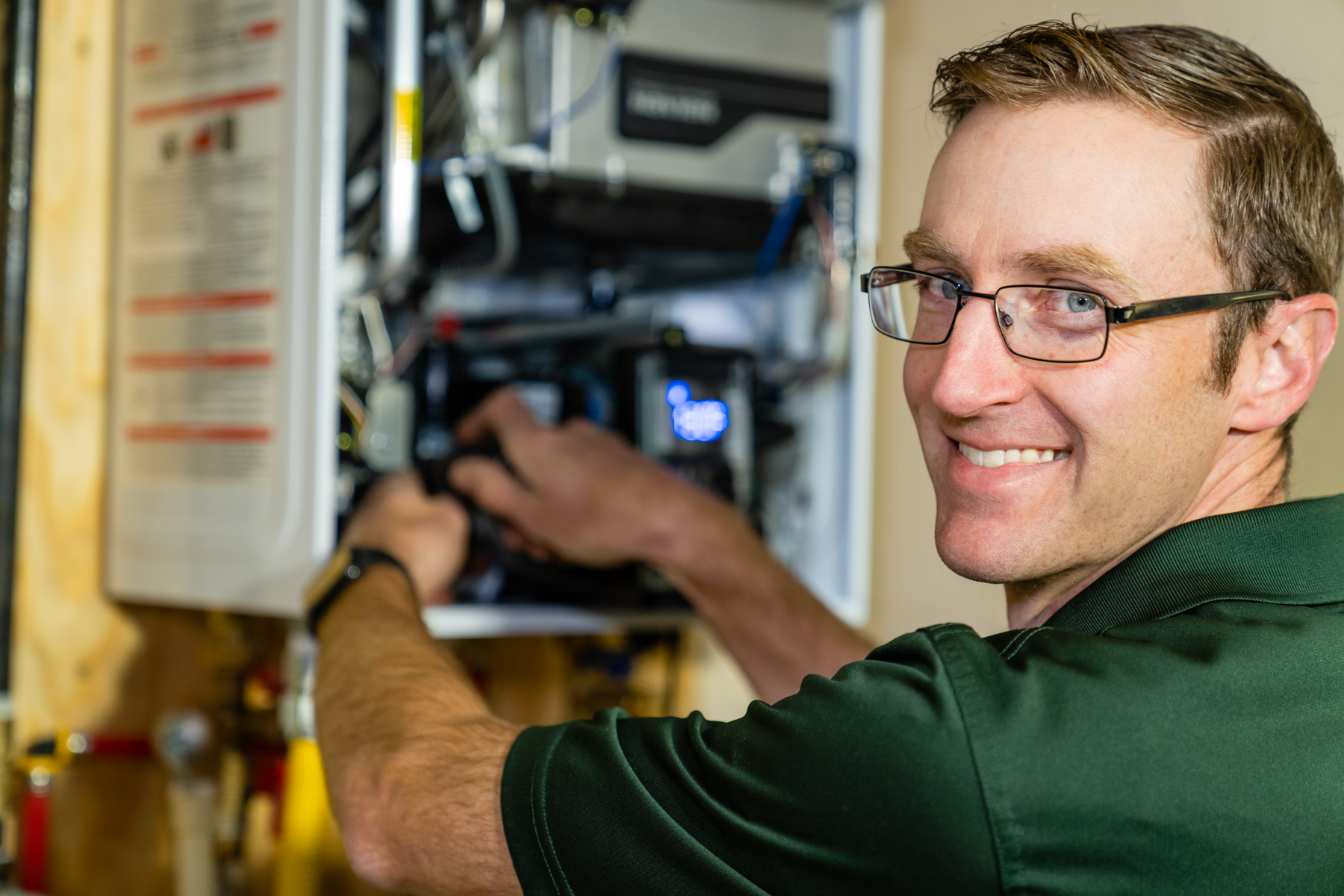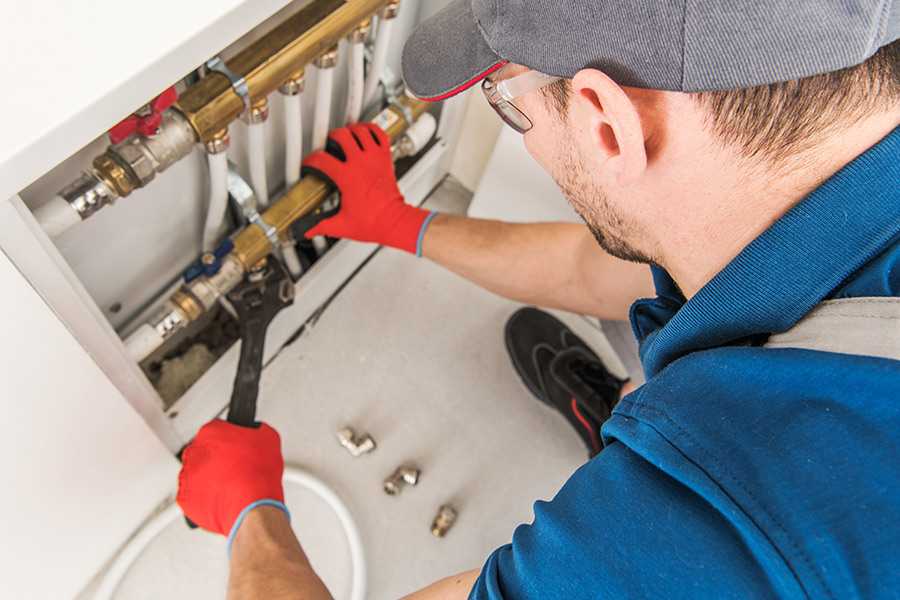Almost everyone seems to have their personal opinion in relation to Common Hot Water Heater Problems.

A water heater is one of the most crucial standard home appliances that can be discovered in a house. With water heaters, you don't require to go through the tension of home heating water by hand every single time there is a requirement to take a bath, do the laundry, or the recipes. There is always an opportunity that your water heater would act up as with a lot of mechanical tools.
It is essential to note any type of little malfunction and also tackle it rapidly prior to points leave hand. Many times, your hot water heater starts to malfunction when there is an accumulation of sediments as a result of continual use. As a safety measure, periodic flushing of your hot water heater is suggested to prevent sediment build-up and avoid functional failing.
Common hot water heater emergency situations and exactly how to take care of them
Insufficient hot water
Taking care of an insufficient supply of hot water can be aggravating. It may be that the water heater can't support the hot water need for your home. To manage this problem, you could attempt to adjust your heater's temperature dial as well as wait for a couple of minutes. If the issue persists, you can ask for the help of an expert plumber. You might upgrade your water heater to one with a bigger capability.
Fluctuating water temperature level.
Your water heating system could begin producing water of various temperatures generally ice chilly or scalding warm. There could be a need to replace either the thermostat or the home heating system of your water heating system.
Dripping water heater tank.
A dripping container could be an indication of corrosion. It could cause damage to the flooring, wall as well as electrical devices around it. You might even be at threat of having your house swamped. In this situation, you should turn off your hot water heater, allow it to cool down, and also very carefully seek the source of the problem. Sometimes, all you need to do is to tighten a couple of screws or pipeline connections in cases of small leaks. However if this does not function as well as the leakage persists, you might need to utilize the services of a technician for an ideal substitute.
Blemished or odiferous water
When this happens, you need to know if the concern is from the storage tank or the water source. If there is no amusing smell when you run cold water, after that you are particular that it is your water heater that is faulty. The odiferous water can be caused by rust or the accumulation of microorganisms or debris in the water heater storage tank. When you see this, you can try flushing out your container or changing the anode if the trouble lingers. The function of the anode is to clean bacteria from your tank. Considering that the anode rod substitute calls for a thorough knowledge of your water furnace, you will need the aid of a specialist.
Verdict
Some homeowners disregard little caution and also minor faults in their water heater system. This just results in additional damages and a possible total failure of your appliance. You ought to take care of your hot water heater mistakes as quickly as they come near stay clear of even more expenditures and also unnecessary emergency problems.
With water heating systems, you do not need to go via the tension of home heating water by hand every time there is a need to take a bath, do the washing, or the meals. It might be that the water heater can't sustain the warm water demand for your apartment. Your water heater could start producing water of different temperature levels generally ice scalding or cool hot. If there is no amusing smell when you run cold water, after that you are certain that it is your water heating system that is faulty. The stinky water can be created by corrosion or the build-up of bacteria or sediments in the water heating unit storage tank.
Water Heater Burst: Why This Happens And What To Do Next
Water Heater Explosion Warning Signs
Since storage water heaters are made of metal and store large volumes of heated water, they carry an increased risk of leaking or even exploding as they begin to rust at the fittings and seams over time. If the thermostat controlling the water temperature within the tank is faulty, or if mineral buildup inside the water heater prevents the thermostat from sensing the water’s temperature correctly, the water could become overheated. This will expand its volume within the tank, causing it to press at the tank’s fittings and seams. If these fittings and seams are rusted or corroded, the pressure could result in a leak or even an explosion.
Here are some risk factors and warning signs of an increased risk of water heater leak or explosion:
Your water heater is more than 10 years old. Your water heater makes clanking, banging or rumbling noises as it heats up, indicating that sediment has built up and hardened inside the tank. There is visible rust on the outside of the water heater, especially located at the pipe fittings or the seams that run down the tank. There is rusty water coming from your water heater, indicating that there may be rust building up inside. Your water heater is leaking, which could indicate either a crack somewhere in the tank or a malfunctioning temperature-and-pressure (T&P) relief valve. What To Do When Water Heater Leaks
If you find water dripping or seeping out of your water heater, or pooling around it, it means your water heater is leaking. If you find a leak, it may be best to call a plumbing professional to diagnose the problem and determine how best to handle it. If you choose to tackle it on your own, there are a few things you can do.
TURN OFF THE POWER
Next, shut off the power to the hot water tank at your home’s electrical breaker box. If you don’t shut off the power, the heating elements within the tank could continue to stay hot, which could pose a fire risk.
If you have a gas-powered water heater, you’ll also need to shut off the gas line leading into the tank.
FIND THE LEAK
Now it’s time to determine where the leak is coming from. Likely locations are the T&P valve, the drain valve or one of the pipes or fittings that feed into the top of the tank. If you see any rust or corrosion on the outside of your water heater’s tank, pipes or fittings, these could also be the source of the leak.
REPAIR THE LEAK
Once you determine the source of your water heater leak, you’ll have a better idea of what steps you need to take to fix the problem. It may be a simple fix—such as using a wrench to tighten fittings or replacing the T&P valve—but it may be something more complicated. You may even need to drain the tank, remove the water heater and install a new one.
https://www.abchomeandcommercial.com/blog/water-heater-burst/

We had been shown that editorial about Warning Signs You Need Water Heater Repairs from a friend on a different domain. Enjoyed reading our content? Please share it. Let another person discover it. I am grateful for your time. Visit us again soon.
Burst issue? Contact.